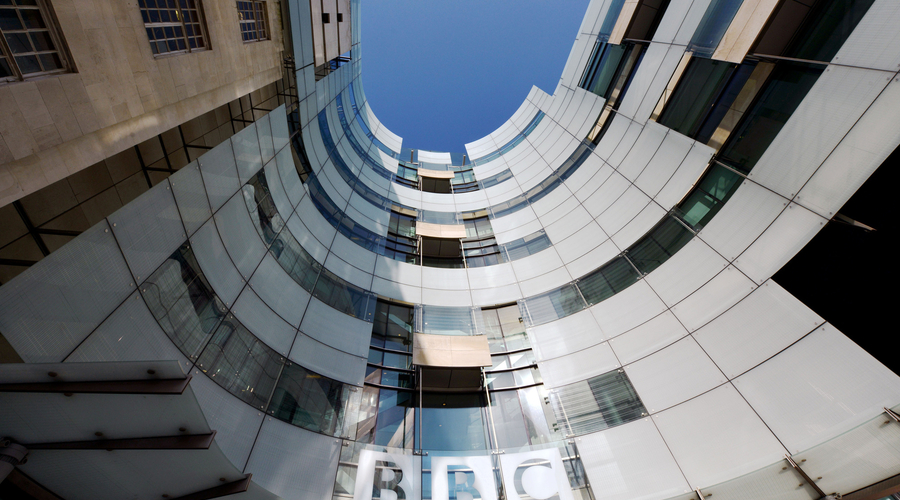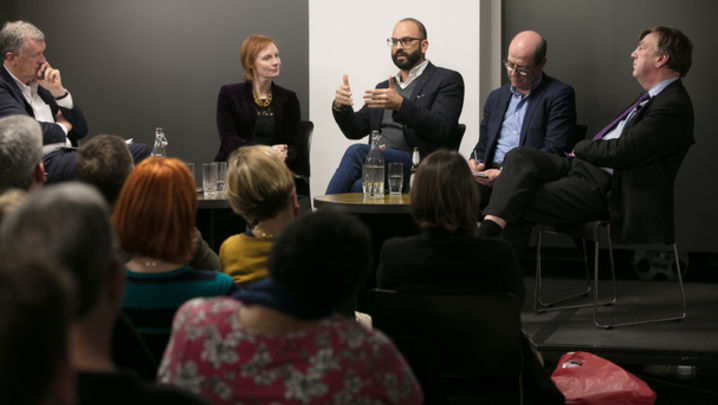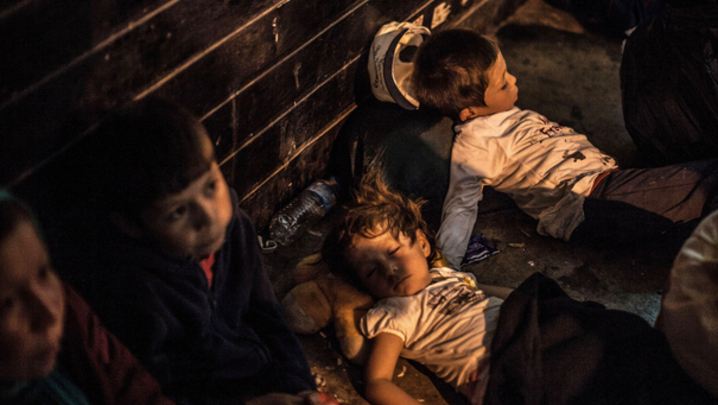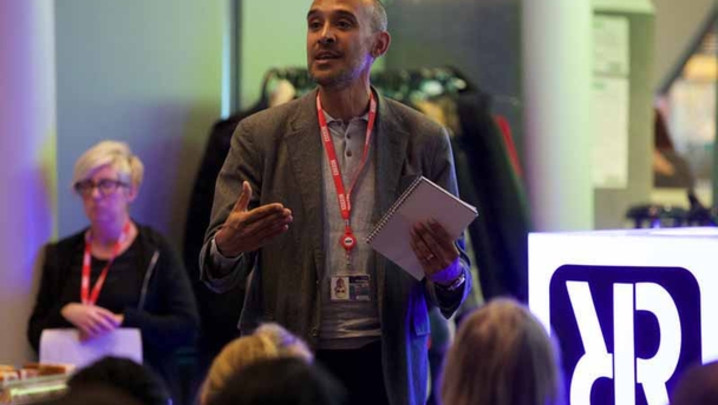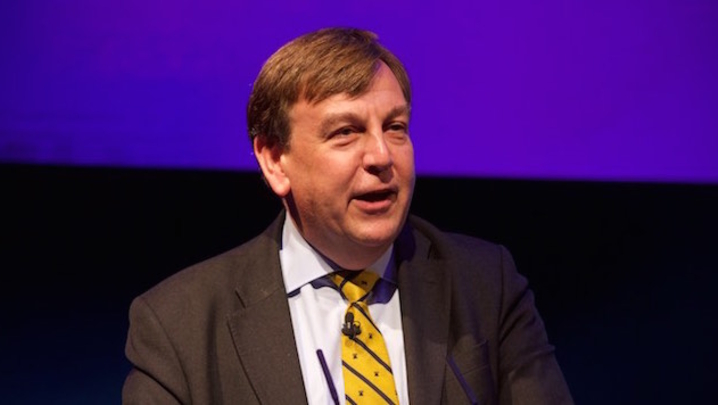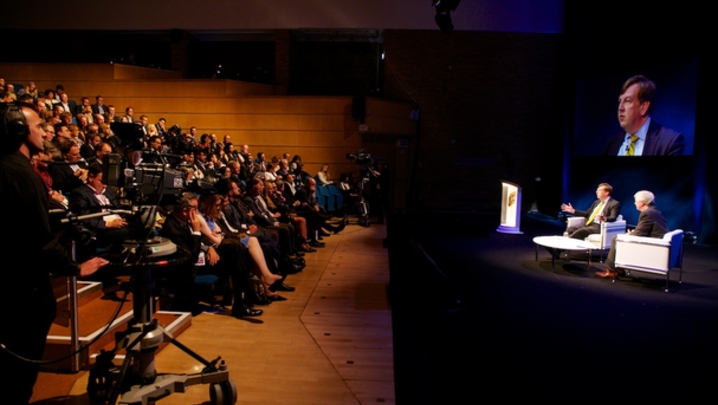The government has recently released its White Paper on charter renewal
The BBC holds a Royal Charter which sets out its rules and its roles; however the current Royal Charter expires at the end of the year and hence needs to be renewed.
The government launched a public consultation into the role that the BBC should play going forward following the publication of a Green Paper.
The Culture Secretary John Whittingdale who is in charge of overseeing charter renewal has now unveiled the content of the BBC White Paper.
Although much of the content of the paper had already been leaked, the Paper still contained some new information.
The document also revealed a few rumours to be groundless. These included the possibility of requiring the BBC to sell its 50% stake in broadcaster UKTV, which owns 10 channels including Dave, and the closing down of BBC Food.
The debate on the White Paper will take place in the autumn before the signing of the Royal Charter for the next 11 years.
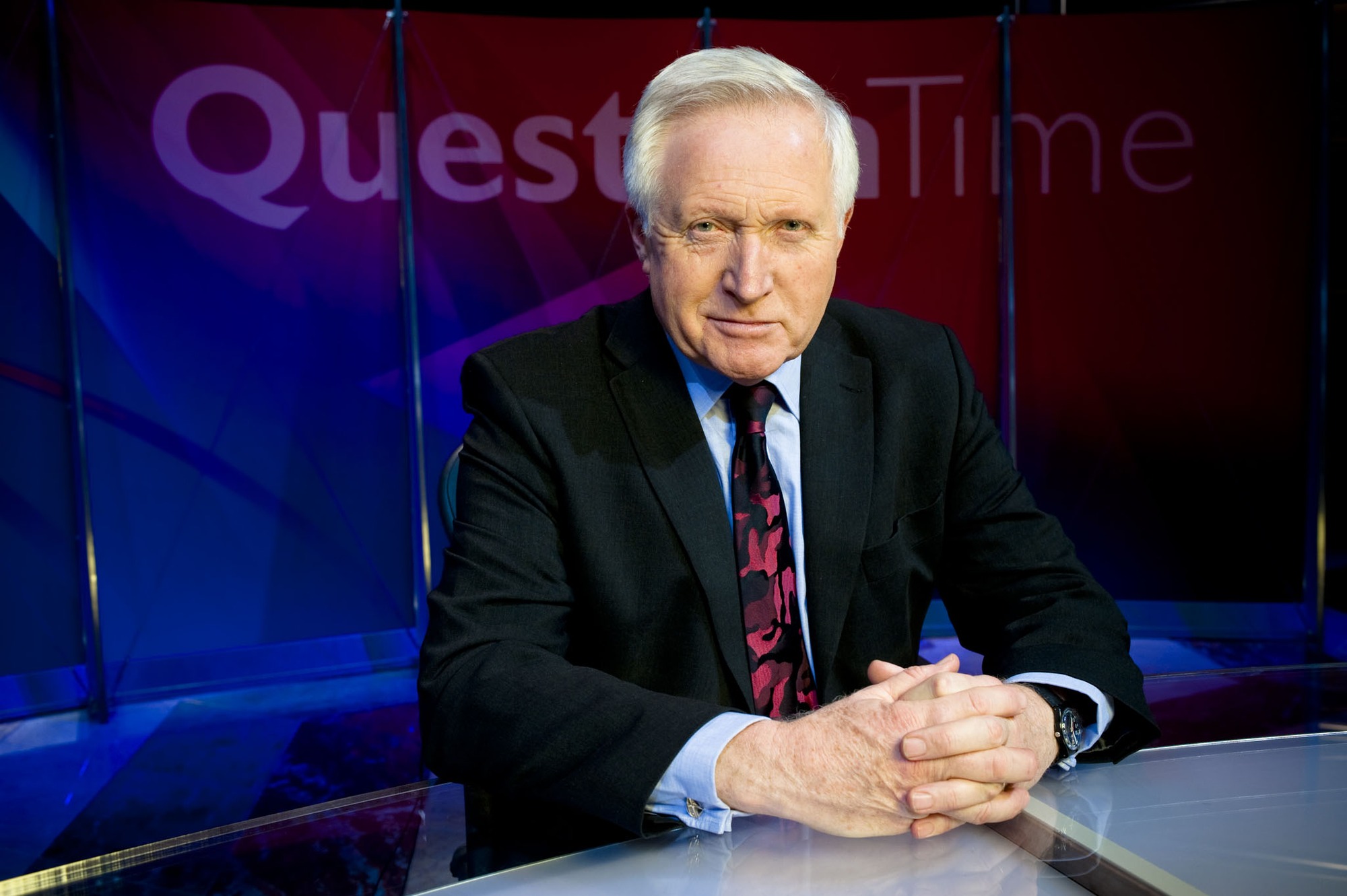
The White Paper sets out plans to:
- Publish the salaries of big earners
The BBC would be required to publish the salaries of stars earning over £450 000 and of managers earning over £150 000.
- Reconfirm the license fee
The license fee will continue for a further 11 years (until Charter Renewal comes around again) and will rise in line with inflation between 2017 and 2022. The BBC will be able to set the license fee every 5 years.The yearly license fee was frozen at its current level of £145.50 back in 2010
- Set up a new governing board
A “new, strong, unitary board” will be set up to take charge of the BBC. At least half of the appointments on this board will be decided by the BBC, but there will be government appointments. The board will be expected to investigate issues related to excessive management and staffing levels. Additionally the White Paper sets out that the new board will "have responsibility for setting the overall editorial direction and the framework for editorial standards." The board will be lead by BBC Trust Chairman Rona Fairhead.
- Establish Ofcom as the independent regulator of the BBC
These issues are currently handled by the BBC Trust which is to be removed. Ofcom will additionally have the power to investigate any aspect of BBC services, however will not be involved in editorial decision-making which will remain with the Director General. The Culture Secretary announced in his speech to parliament that "Editorial decisions will remain the responsibility of the Director-General - and his editorial independence will be explicitly enshrined in the Charter - while the unitary board will consider any issues or complaints that arise post-transmission."
- Extend the charter renewal period to 11 years
The charter previously ran for 10 years however it is being extended so that it does not clash with election campaigns. This extended period will be subject to review at the halfway point.
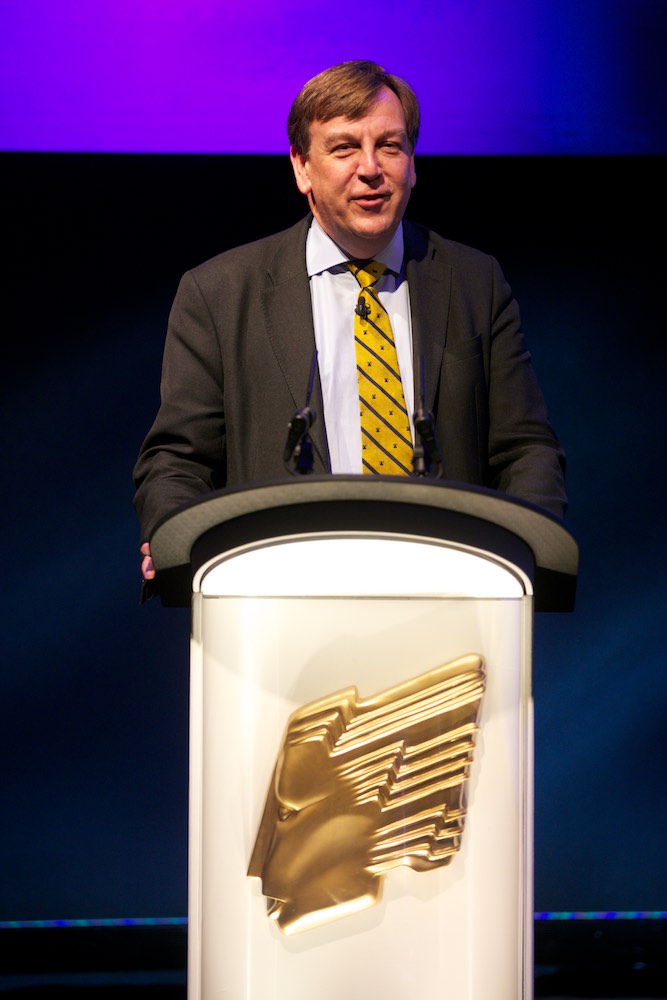
Credit: Paul Hampartsoumian
- Tighten the television license requirements
New restrictions will require those who use on demand services like iPlayer to purchase a television license. Currently those who are not watching live television do not have to pay, however the new charter will close that loophole. The Culture Secretary also announced plans to launch a license fee payment method for poorer families.
- Update the BBC mission statement
The new mission statement for the BBC has been announced: To act in the public interest, serving all audiences with impartial, high-quality and distinctive content and services that inform, educate and entertain. Founding father of the BBC Lord Reith launched the corporation with a mission to "inform, educate and entertain."
- Ensure 'distinctiveness' of BBC output
- Encourage competition in BBC commissioning
100% of the BBC’s content is to be made open for tender by the independent sector, removing the in-house guarantee for all television content except news and news-related current affairs. Currently 50% of BBC content is available to bid by independent producers.
- Support creation of BBC Studios
The BBC is planning on spinning off its in-house production into a new subsidiary, BBC Studios. The Culture Secretary says the government supports thsi "in principle."
- Appoint NAO as BBC's financial auditor
The National Audit Office will become the BBC’s financial auditor as the BBC spends £3.7bn of public money. The NAO will scrutinise spending and ensure value for money. However editorial integrity will not be comprimised, the Culture secretary promised.
- Ensure that the BBC serves all regions and nations
There will be a continued commitment to out-of-London production targets. Indeed much of BBC Three is relocating to Birmingham. Similarly the BBC will be require to support local news provision across the country including taking on an additional 150 local news journalists.
- Enshrining diversity
Those from BAME (Black, Asian and Minority Ethnic) backgrounds are said to be better served with the new Charter which included targets for diversity both on- and off-screen
- Protect the BBC World Service
BBC World Service annual budget of £254m will be protected and an additional £289m will be made available over the next four years

Reading the BBC White Paper
Key Terms
BBC Trust The Trust oversees many aspects of the BBC including deciding on strategic direction, holding the Executive to account and ensuring the corporation complies with the law. They also oversee things like value for money and complaints.
Commercial Broadcaster A media outlet that is privately owned and intends to turn a profit.
Green Paper A government document published ahead of a White Paper in order to offer a preliminary report and to provoke responses.
Ofcom or Office of Communications A government approved regulatory and competition authority with a statutory duty to represent the interests of the public in promoting competitions and protecting from explicit, offensive or harmful material.
Public Service Broadcaster A broadcaster or channel which provides TV programmes for the public benefit, rather for commercial reasons. The BBC is a public service broadcaster and is funded through the license fee which allows it to not feature advertising.
Royal Charter An agreement between the government, as representative of the Queen, and a corporation or body. In this case it is a document outlining how the BBC is run, funded, its objectives and who holds it to account.
State Broadcaster or State-Owned Broadcaster A media outlet that is controlled, financially or editorially, by the state – that is, the government or ruler. The UK does not have a State Broadcaster.
Top Slicing Cutting money from the license fee and giving it away to other broadcasters to provide services that the BBC is deemed to not be satisfactorily providing.
White Paper A government document that gives information or proposals on an issue. In this case it contains the proposals for the Royal Charter. It will be debated but is not subject to a vote by MPs or peers.

